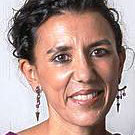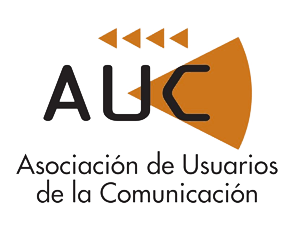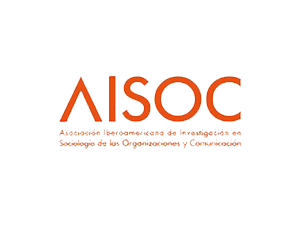Los teléfonos móviles y las redes sociales se han convertido en una herramienta fundamental para la socialización de chicos y chicas. El uso de estos dispositivos tiene muchos efectos positivos, pero también ha multiplicado los casos de ciberviolencia, especialmente durante la pandemia del coronavirus.
Insultos, cibercontrol, difamación en internet, amenazas, suplantación de personalidad, mensajes de odio y humillantes o difusión de contenidos falsos y de imágenes de carácter sexual sin consentimiento son algunas de las manifestaciones de violencia a través de las redes sociales. Cualquiera puede ser víctima de este tipo de agresiones, sin embargo, las investigaciones demuestran que son mucho más comunes entre las chicas jóvenes y adolescentes.
Las consecuencias de sufrir este hostigamiento online son devastadoras para la reputación y la salud física y mental de las personas afectadas y, por extensión, tiene repercusiones negativas para la sociedad y para la calidad de la democracia. El miedo a experimentar violencia cibernética genera un sentimiento de inseguridad que limita la participación plena en los espacios online, fundamentales para la vida personal, laboral y pública en la actualidad.
Este panel tiene el objetivo de analizar la incidencia de la violencia online entre los jóvenes españoles, estudiar el tipo de violencia que tiene lugar a través de Internet, analizar los perfiles de los agresores y de las víctimas y analizar cómo actúan los chicos y las chicas cuando son testigos de ciber violencias. Queremos, asimismo, evaluar los protocolos de prevención y actuación puestos en marcha para garantizar que el entorno digital sea seguro, inclusivo e igualitario e identificar experiencias de alfabetización contra los distintos tipos de agresiones en internet.
Ejes Temáticos / Formas de ciberviolencia / Percepción de riesgo / Prevalencia de la ciberviolencia / Efectos de la ciberviolencia / Perfil de agresores y víctimas / Protocolos de prevención / Protocolos de actuación / Alfabetización mediática para la prevención de la ciberviolencia. Iniciativas y experiencias / El regulador ante la ciberviolencia / Iniciativas políticas y sociales para combatir la ciberviolencia
Keywords / Ciberviolencia / discurso de odio / ciberodio / sexting / grooming / cibercontrol / adolescentes / alfabetización
Cyber-violence among young people: prevalence, features, effects, and prevention
Mobile phones and social networks have become fundamental tools for the socialisation of boys and girls. The use of these devices has many positive effects, yet the number of cases of cyber-violence has multiplied, especially during the coronavirus pandemic. Some of the manifestations of violence through social networks include the following: insults, cyber-control, online slander, threats, impersonation, hateful and humiliating messages, and the dissemination of false content and sexual images without consent. Although anyone can be a victim of this type of aggression, research shows that it is much more common among young women and female adolescents. The consequences of suffering this type of online harassment are devastating, both for the reputation of the victim as well as the resulting harm to the physical and mental health of those affected. Moreover, another outgrowth of this situation is the negative repercussions for society and the quality of democracy. The fear of experiencing cyber-violence generates a feeling of insecurity that limits full participation in online spaces, which are essential nowadays for our personal, work-related, and public lives. This panel aims to analyse the following aspects related to this issue: the prevalence of online violence among young Spanish people; the type of violence that takes place online; the profile of aggressors and victims; and finally, the actions boys and girls take when they witness cyber-violence. We also want to evaluate the protocols for prevention and intervention that have been implemented to ensure that the digital environment is safe, inclusive and egalitarian, and to identify experiences of media literacy in facing various types of aggression on the Internet.
Core topics / Types of cyber-violence / Perception of risk / Prevalence of cyber-violence / Effects of cyber-violence / Profile of aggressors and victims / Prevention protocols / Intervention protocols / Media literacy in preventing cyber-violence. Initiatives and experiences / Regulatory bodies that confront cyber-violence / Political and social measures to combat cyber-violence
Keywords / Cyber-violence / hate speech / cyber hate / sexting / grooming / cyber-control / adolescents / literacy





















